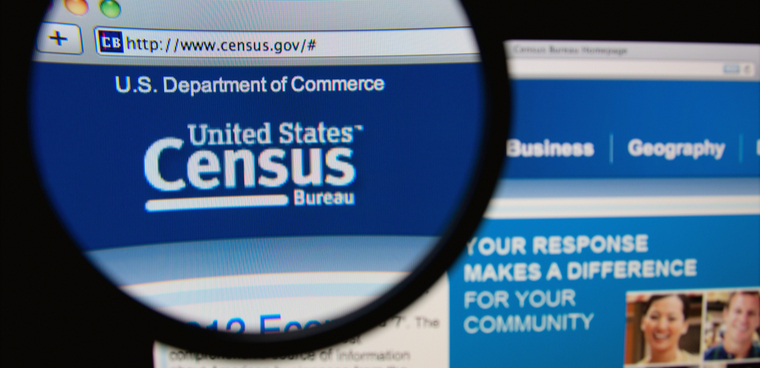Lawmakers, GAO worry about Census prep

As the Supreme Court weighs the legality of the citizenship question on the 2020 census, Congress and the Government Accountability Office have more immediate concerns about the bureau's ability to conduct an accurate population count.

As the Supreme Court weighs the legality of the citizenship question on the 2020 census, Congress and the Government Accountability Office have more immediate concerns about the bureau's ability to conduct an accurate population count.
The bureau is entering its final year of preparations amid an array of uncertainties and new challenges -- from IT systems readiness to cybersecurity and other potential threats to an accurate count. While the bureau has said it's on top of these risks, lawmakers at an April 30 appropriations hearing were concerned about the White House's budget figure.
The White House proposed about $6.5 billion for the Census in fiscal year 2020 — about $1 billion less than Commerce Secretary Wilbur Ross projected the bureau would need.
Rep. Jose Serrano (D-N.Y.), chairman of the House Appropriations subcommittee with jurisdiction over Census funding, said the White House's proposed budget for the bureau was "inadequate" to account for all its outstanding operations.
"I can't believe I'm saying this, but don't be shy about asking," he told Census director Steven Dillingham.
Still, Dillingham, who was confirmed by the Senate in January, insisted the bureau was on schedule and that he was "highly confident" the White House's budget request would give the bureau has enough money.
Earlier in April, senators on both sides of the aisle also raised issues with the White House's proposed funding levels for the census.
It's not just lawmakers who are concerned about all Census has to do on a short timeframe.
GAO's director of strategic issues Robert Goldenkoff pointed to challenges in implementing design innovations while controlling costs and the need for better cost estimates, both of which GAO has pointed to as recurring problems.
Nick Marinos, GAO's director of IT and cybersecurity, said the "next four months" for the bureau are going to be key for its systems delivery ahead of 2020.
"The bureau is at risk of not meeting near-term system development and testing schedule milestones for two upcoming delivers," one for address canvassing -- the verification of addresses nationwide -- and another for internet self-response, he said.
Because of the vast amount of sensitive data collected by the bureau, Census is working with the Department of Homeland Security to prepare for any possible cyber threats. Marinos said while DHS has made 17 recommendations for the bureau to implement, "the bureau lacks a formal process for tracking and completing corrective actions for these recommendations" to make sure "DHS's efforts result in improvements to the bureau's cybersecurity posture."
Moreover, the bureau still hasn't implemented 24 recommendations made by GAO, 11 of which deal with the implementation of innovations for the 2020 count. Dillingham said that the bureau has "action plans" in place to close these recommendations.
In order to boost response rates, Dillingham told lawmakers the bureau is hiring record numbers of partnership specialists to improve the accuracy of the count in localities across the country -- with a goal of 1,500 hires by June 30.
But Goldenkoff pointed out the bureau has missed every one of its hiring milestones for partnership specialists to date and risks "falling behind" without much time left before 2020. The bureau set a goal of hiring 1,181 partnership specialists by May 1, but as of April 17, the bureau has only hired 467, with an additional 329 awaiting background checks.


